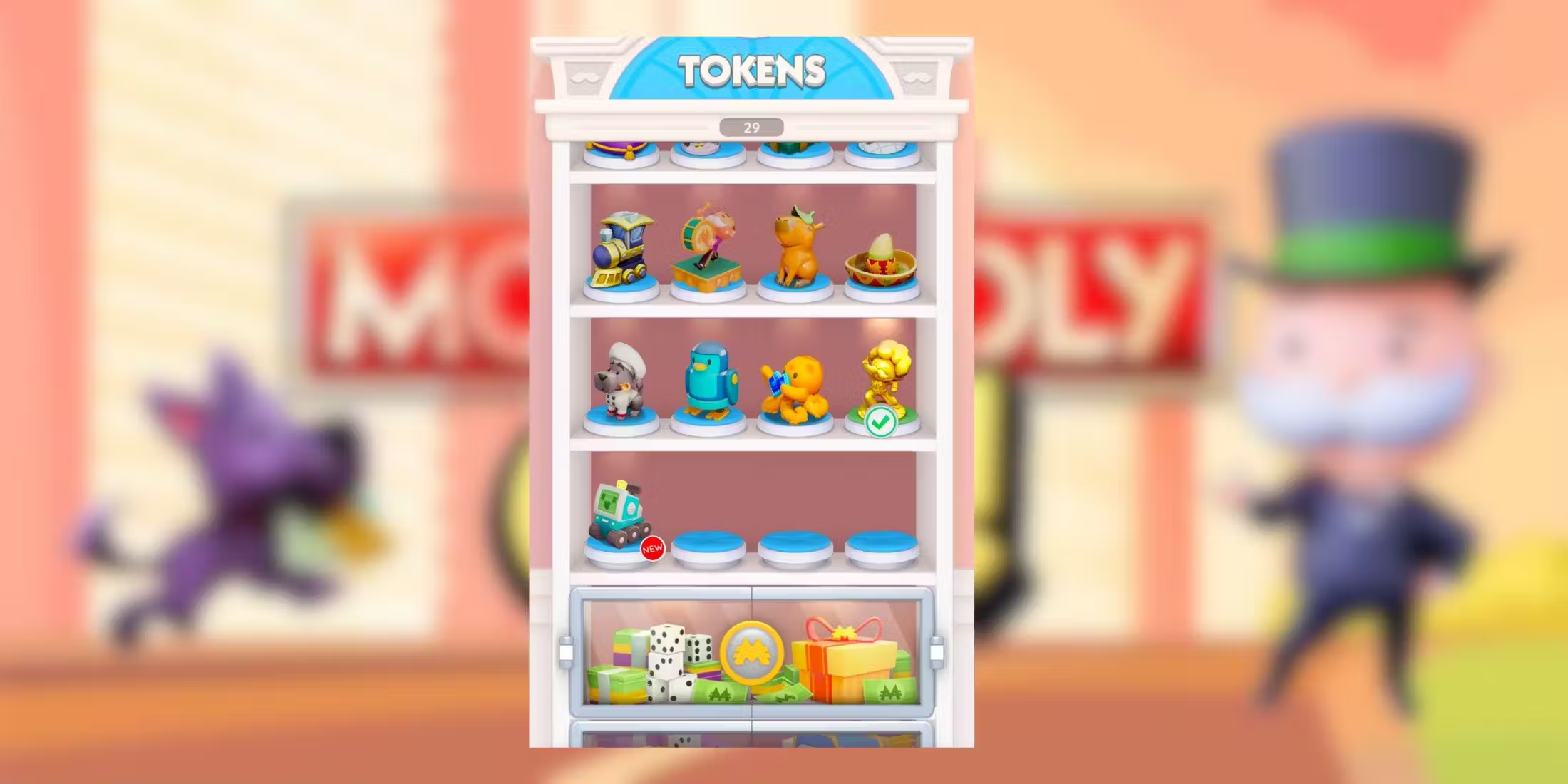In the bright, cartoony world of Monopoly Go, where chance rolls dictate fortunes, sticker collecting adds a surprisingly dramatic flair. It’s no longer just about luck—it’s performance art. Especially when it comes to navigating the community-driven world of Monopoly stickers for sale, where trades are as much about emotion as they are about logic.
A recent in-game event, Sticker Surge, increased the drop rate of rare stickers. But the twist? The window was only 30 minutes long and happened unannounced. Players flooded chat rooms, frantically offering trades, shouting values, and even staging sticker “auctions” to grab final pieces. Some players began livestreaming their sticker bargaining sessions, complete with background music, fake auctioneers, and memes about overbidding for a 4-star “Bling Bulldog.”
The community’s passion has turned sticker trading into roleplay. People take on personas—the Hoarder, the Broker, the Trickster. These roles bring a level of storytelling into what is essentially an item collection mechanic. In this colorful drama, having enough Monopoly Go dice becomes your entry ticket to the performance. Without rolls, you’re an extra in someone else’s play.
Dice hoarding becomes strategic during limited-time sticker bonuses. Some players track event schedules meticulously, timing massive roll bursts during peak hours when duplicate stickers convert into vault rewards. Others rely on backup plans, like sticker groups or trusted exchanges, and sometimes platforms like U4GM when they find themselves one foil short of victory.
What makes it all fascinating is how social this “trading theater” has become. Players send emoji reactions to trade offers. Some even reject fair trades purely for the drama of it—just to drive demand up. And once in a while, a “Robin Hood” player will drop rare cards for free in chat, causing instant frenzy.
In Monopoly Go, sticker trading isn’t passive. It’s spectacle. It’s loud, it’s unpredictable, and it’s strangely beautiful. And as long as events continue to introduce pressure-cooker moments, expect the sticker stage to keep evolving—with dice as the currency and drama as the glue.
